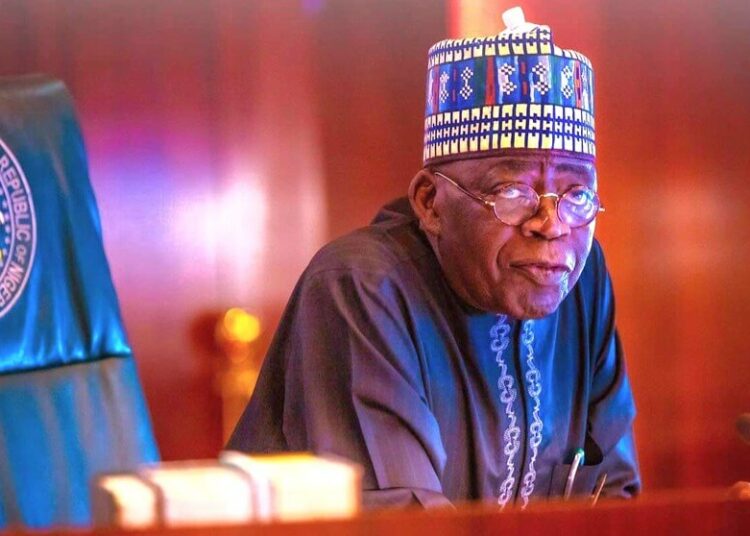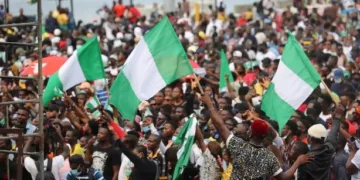Ordinary level economics cites policy somersaults as one of the factors that impede growth and development in Nigeria. Opinion at that rudimentary level of public discourse insist that it is not only about every new government not wanting to see anything good in the policies of their predecessors, but also the tendency not to see continuity as part of governance process. They insist that if a policy should be reversed at all, it ought to be only if it becomes necessary and absolutely in the overall public interest.
Till date, many swear that the administration of General Sani Abacha was a model in economic management of the country regardless of his anti-democracy credentials. And that was hugely because he had a grassroots economist, Professor Sam Aluko, the apostle of economics is common sense that is not common, as his adviser on economic matters.
During that era, Abacha kept the value of the Naira vis-à-vis other currencies constant, stable and predictable. His foreign exchange policy was well informed, articulated and precise. Fund users could plan long term and that kept productive enterprise on an even keel not minding the all-pervasive political turmoil.
The military strongman increased fuel price and used the differential between the old and new price regimes to do things Nigerians could see- build roads, hospitals, schools, housing and other infrastructure. Abacha refused to borrow and that was why the West, especially the Bretton Woods institutions – World Bank and International Monetary Fund (IMF) – hated and castigated him. He doggedly kept cost of living manageably low.
As a newspaper, we are persuaded to make this reference because of the crisis in the public sector with regard to the hiccups in policy formulation and execution. It did not start with this administration. We worry that it seems to have worsened under a political class that presumably came prepared.
We make this point also to expose the lie that democracy is the be all and end all. Or the magic wand that conjures the fabled good life. Perhaps, as a result of the induced inefficiency of the process, Nigerians are suffering in silence because they cannot claim to have effectively participated in the electoral circumstances that are giving rise to the hard times plaguing the polity.
As a newspaper, we are concerned that with the quality of personnel at the commanding height of governance structure in the country as well as the much-vaunted political experience of the gladiators, there seem not to be evidence of clear thinking. What Nigerians are bombarded with on a daily basis is a preponderance of trial-and-error. Almost one year in office, the story is almost the same as the eight years of the locust that was the Muhammadu Buhari era.
When, almost one year ago, President Bola Ahmed Tinubu, perfunctorily, in our considered opinion, threw out the fuel subsidy policy, we, nonetheless, celebrated him on this page. We thought, then, that it was a decision that had to be taken given its corruptive influence and commended the courage of his conviction.
Sadly, in our view, there are speculations that the policy is back through the back door. If this is true, then it is not good enough. With the endless fluctuations in the fuel price mechanism and the attendant scarcity, it is becoming clear as former President Olusegun Obasanjo noted, that subsidy policy withdrawal is a good decision badly managed.
And there are more of such in our opinion. The takeoff of the students Loan scheme was in a flux because, due to indecision, the effective date could not be met. Nigerians are not sure how much to pay for electricity because the government cannot make up its mind on whether to subsidise it or obey the IMF directive. There is also the interminable ups and downs in the foreign exchange market that is not helping the value of the national currency.
We also observe the propensity to introduce a tax regime today only to withdraw it the next day and we are tempted to ask who is behind these inconsistences? Part of the problem of these policy shifts that are so unhelpful is that most are intended to make the government appear politically good and not necessarily to achieve a long-term goal of building a system that is sustainable.
This unfortunate situation is made worse by the emerging permutations against 2027 elections and the apparent disinclination not to play into the hands of opponents.
We recall the popular saying that statesmen think about the next generation and not the next election. It is from this perspective that, as a newspaper, we feel compelled to urge the government, especially at the federal level, to see the urgent need to think through its policies before making them public.
There maybe the perception of this administration as a responsive one that listens to the outcry of the people. Curiously, it is becoming a style that is decidedly harmful.





